It’s been a tough year for EV start-ups, Fisker filing for bankruptcy, and several others expected to follow. But there have been a few glimmers of hope. Price cuts helped Lucid outperform sales expectations during the second quarter, buying it time to bring a second product line to market later this year. But with Wall Street still skeptical, the California manufacturer remains critically dependent on cash from the Saudis, Lucid’s largest investor.
Reports of the demise of the EV market appear to be greatly exaggerated, to mangle a quote attributed to Mark Twain. If anything, the second quarter showed surprising strength, some manufacturers scoring record sales during the second quarter – even if overall sales growth has slowed this year.
While it’s still short of reaching the full-year record it’s targeting, California-based Lucid Group handily outperformed expectations during the April-June period. It was expected to deliver 1,940 of its all-electric Air sedans. The number actually came in at 2,394.
Credit goes to price cuts of up to 10% the automaker put in place in February, according to analysts. But those discounts also made it tougher for Lucid to bring in the revenues it needs. If anything, it’s planning to up capital expenditures by nearly 70% this year to get ready for the launch of a second model line more in tune with today’s SUV-centric market.
Getting a reprieve
Things have been tough for EV start-ups, in general, over the last couple years. Several have gone under – Fisker last month filing for bankruptcy and the near certainty that its assets will be auctioned off. Others, such as Faraday Future, are hanging on by a thread and considered unlikely to make it, either.
Few are expected to make things work, never mind match the success of the EV market giant Tesla – which itself has been struggling as the result of sharp sales declines during the first half of 2024. Rivian got a reprieve when Volkswagen last month announced an alliance expected to pump in $5 billion in cash by 2026.
As for Lucid, the automaker had a poor first quarter, so combined deliveries for the first half came to just 3,838. Even with the latest surge in demand it still needs to accelerate if it hopes to meet the full-year targets set by CEO Peter Rawlinson. He forecast production for 2024 would reach 9,000 vehicles, up from 8,428 the year before.
Lucid’s white knight
For its part, the increase in second-quarter sales was a clear morale booster for Lucid – helping accelerate a share price rally that began late last month. Shares opened at $3.103 on Tuesday, though they lost some momentum during morning trading. That’s still an improvement over recent lows, shares dropping to $2.290. But it remains to be seen if – or when — the company can rebound to a 52-week high of $8.37, never mind an all-time high of $55.21 set back in the halcyon days of 2021 when EV start-ups seemed poised to take over the automotive world.
But, at least for now, even if the stock plateaus at current levels, analyst Sam Abuelsamid isn’t worried, saying “They’re at no risk of going under, unlike Fisker, Faraday Future and some of the others.”
Credit the billions of dollars pumped into Lucid by its lead investor, Saudi Arabia’s Sovereign Investment Fund, which owns about 60% of the automaker, noted Abuelsamid, the principal auto analyst for Guidehouse Insights.
“Lucid is an interesting case,” he told Headlight.News, “unique among the EV start-ups, because their primary backers are the Saudis. Even though their stock price has dropped spectacularly I don’t think the Saudis are going to let go, at least until they see what happens after the launch of the Gravity.”
More EV Start-Up News
Counting on Gravity
First unveiled at the November 2022 Los Angeles Auto Show, Gravity is set to become Lucid’s second product line when it debuts during the 2025 model year. Set to go into production during the fourth quarter, it will be the automaker’s first SUV, a much more viable market segment than high-end sedans – whatever their power source – are today.
The Lucid Gravity will target the Tesla Model X, and is set to start at around $80,000, or slightly more than a comparable version of the Air sedan.
Lucid is “still burning cash but it (should) improve the situation for them,” said Abuelsamid. But Gravity is likely to remain a niche vehicle, considering its price. So, even if it comes close to matching the numbers of the Model X, it won’t go far enough to ensure Lucid’s long-term success, analysts warn.
Bringing Lucid down to earth
The real test for the automaker is still at least a couple years away.
In May, Lucid officially confirmed what was widely expected: a second SUV project that will be smaller and far more affordably priced. Insiders confirm plans to call it the Lucid Earth.
“We’re already competing with Tesla,” Rawlinson said during the earnings call. “But, wait until our mid-size comes out in late ’26; that’s when we’ll have a car at $48,000-$50,000, and that is the big one, the one that’s going to be really exciting.”
In today’s market, two years is a long time to wait for a critical project like the Earth SUV. But like Abuelsamid, most observers believe that if the bigger Gravity gains traction – and if the Saudis remain committed to the company – Lucid should be able to hang on until then.

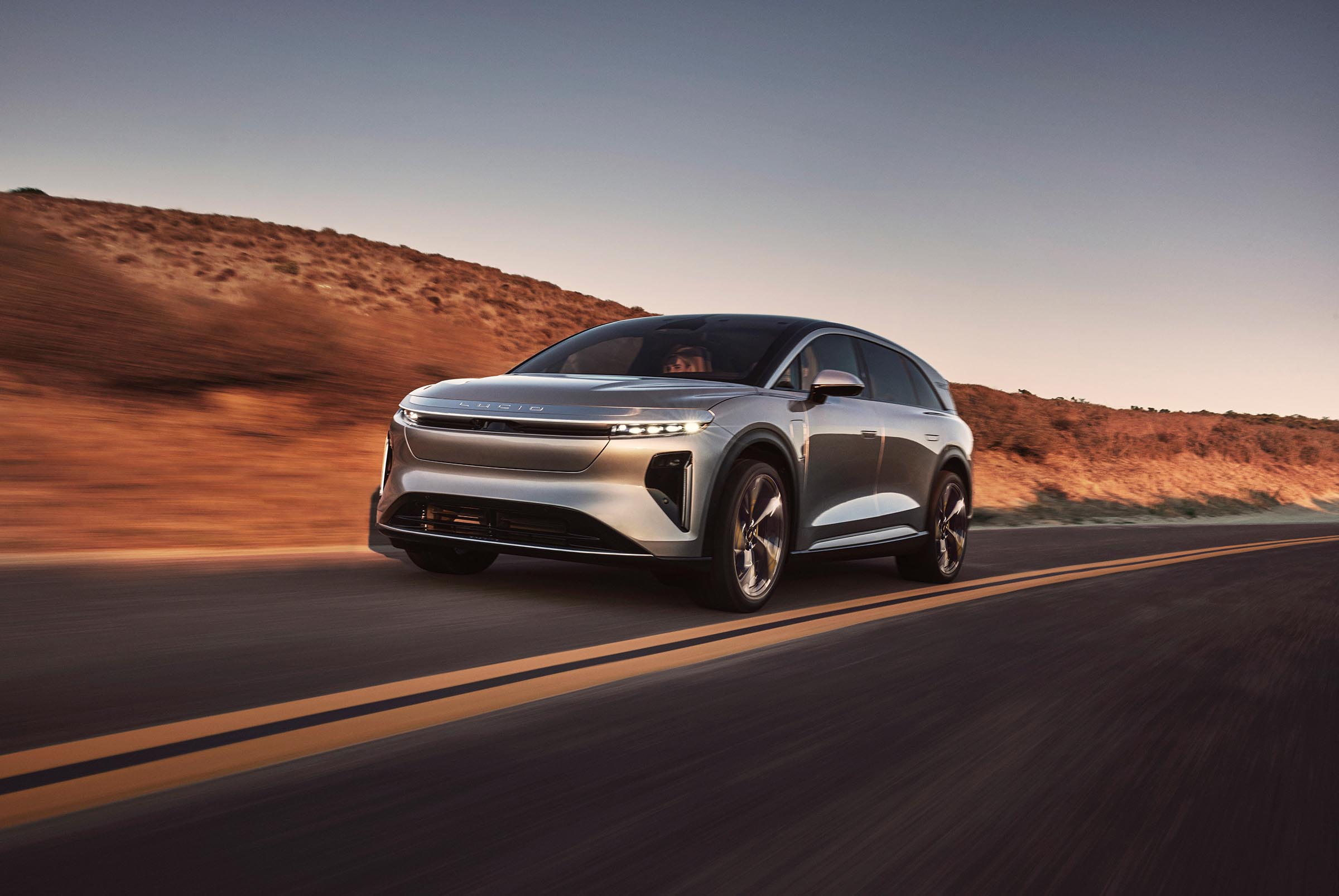

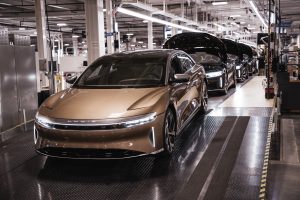
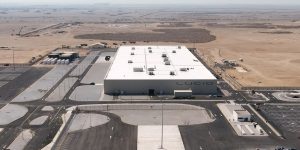
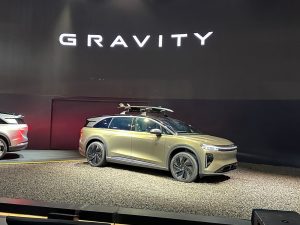
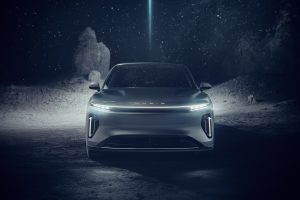
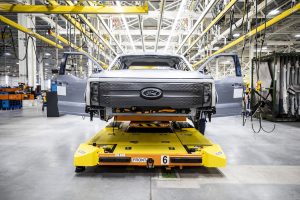

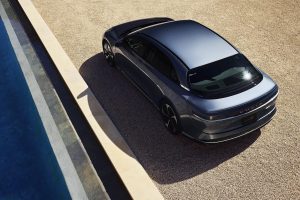
0 Comments